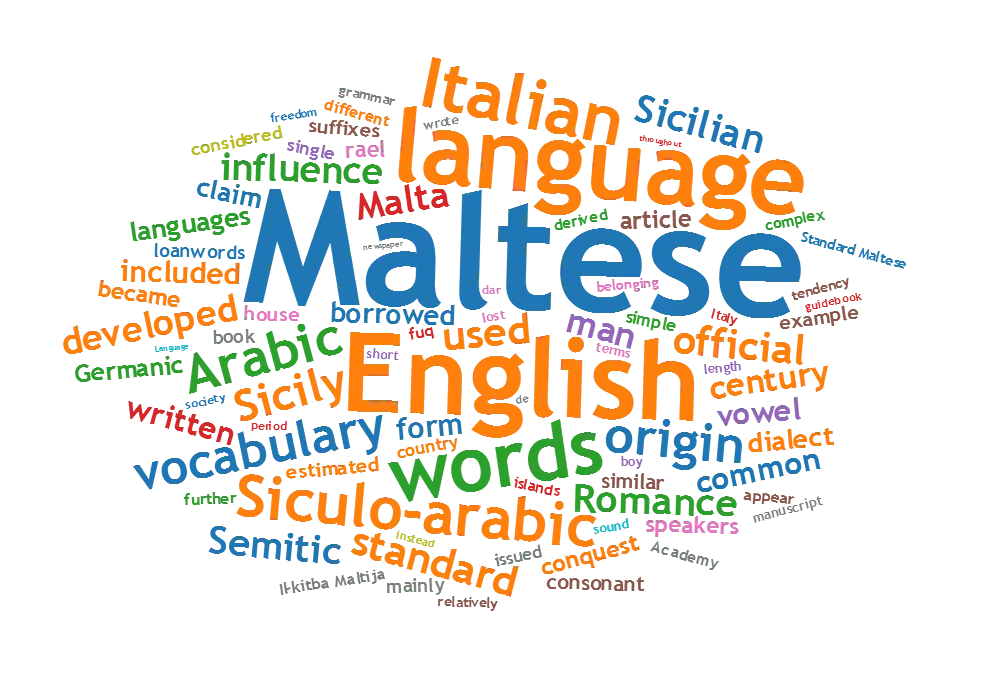Table of Contents
ToggleThe Official Languages of Malta
Maltese and English
Malta, a small island nation in the heart of the Mediterranean, is a place where history, culture, and modernity blend seamlessly. Despite its size, Malta has a rich linguistic landscape that reflects its unique past and strategic importance. The country officially recognizes two languages—Maltese and English—and both play a central role in daily life, governance, and most importantly, tourism.
Understanding why these two languages hold such prominence sheds light not only on Malta’s identity but also on its global appeal as a destination.
Maltese: The National Language
Maltese, or Il-Malti, is Malta’s national language and one of the most fascinating languages in the world. It is the only Semitic language written in the Latin alphabet and has developed over centuries through a mix of Arabic, Italian, Sicilian, and English influences. The result is a language that is uniquely Maltese yet echoes the island’s multicultural history.
Spoken by nearly the entire population, Maltese is used in everyday conversation, local media, literature, and cultural expressions. For many Maltese people, the language is a strong marker of identity and pride. It connects modern life with centuries of history, ensuring that local traditions remain vibrant.
For visitors, hearing Maltese adds an extra layer of authenticity to the Maltese experience. Tourists may not understand it fully, but they often find the sound of the language fascinating—familiar yet different. Street signs, shop names, and public notices are often displayed in Maltese first, reinforcing its national importance.
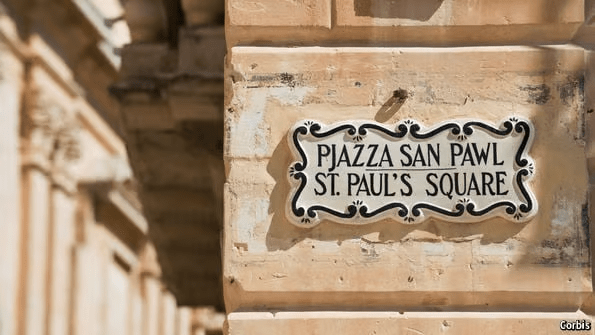
English: A Lingua Franca in Malta
While Maltese is the national language, English serves as an official language alongside it. This bilingualism is a legacy of Malta’s history as a British colony, which lasted from 1814 to 1964. English became deeply rooted in Malta’s institutions, from education to administration, and today it is widely spoken across the islands.
Almost all Maltese people are bilingual, switching effortlessly between Maltese and English depending on the context. Government documents, education, and business often rely heavily on English, making it a practical choice for communication with the wider world.
For tourists, this is a huge advantage. Travelers from English-speaking countries find it easy to navigate Malta without language barriers. Even visitors from non-English-speaking countries often rely on English as a common medium, ensuring smooth interactions. This accessibility makes Malta a welcoming destination for international travelers, language students, and business professionals alike.
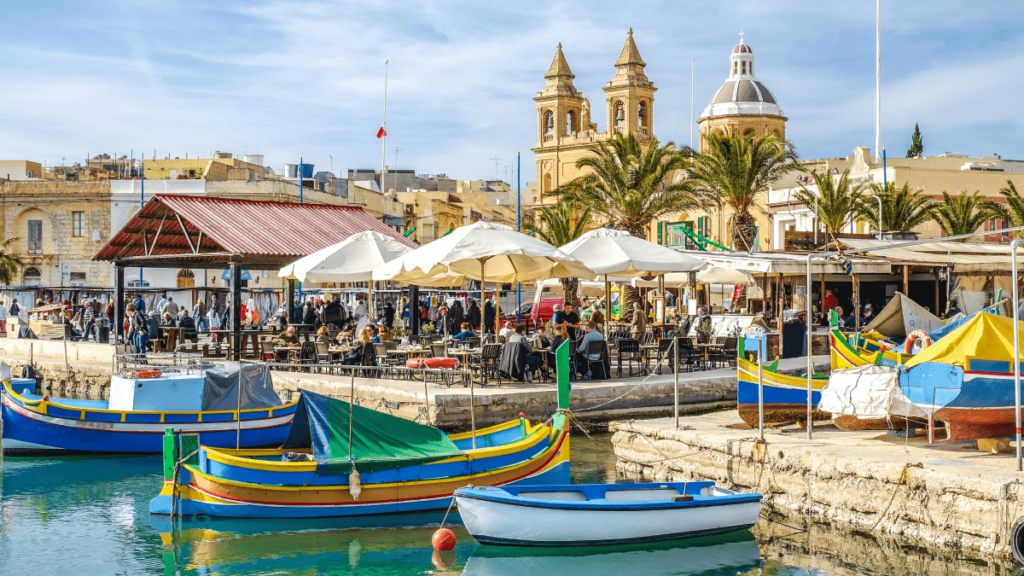
The Impact on Tourism
Tourism is one of Malta’s most important economic sectors, contributing significantly to its GDP. The country attracts millions of visitors each year, drawn to its sunny climate, historic landmarks, and vibrant cultural scene. The presence of both Maltese and English plays a key role in enhancing the tourist experience.
1. Ease of Communication
English’s official status eliminates the typical language barriers that travelers often face. Tourists can easily ask for directions, book tours, or order in restaurants without confusion. Signage, menus, and official information are almost always available in English, ensuring visitors feel comfortable from the moment they arrive.
2. A Unique Cultural Encounter
While English provides convenience, Maltese gives travelers an authentic sense of place. Visitors get the opportunity to hear a language unlike any other, offering insight into the country’s heritage. Many tourists enjoy learning a few basic Maltese phrases, which often delights locals and fosters a stronger connection between guests and hosts.
3. Educational Tourism
Malta has become a hub for English language learning. Every year, thousands of students from Europe, Asia, and South America travel to Malta to improve their English in a Mediterranean setting. The combination of a safe environment, English-speaking locals, and cultural immersion makes Malta one of the top destinations for language schools.
4. Tourism Marketing and Global Reach
The use of English in official tourism campaigns, websites, and promotional material allows Malta to market itself effectively on the global stage. Potential visitors can easily access information and plan their trips without needing translations. This global reach significantly boosts tourist numbers and positions Malta as an accessible Mediterranean hotspot.
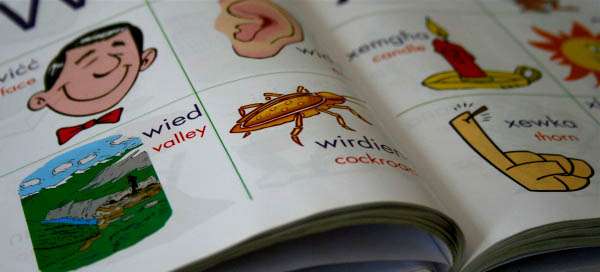
A Blend of Tradition and Accessibility
The dual-language system gives Malta a unique advantage: it preserves its cultural heritage while also making the islands highly accessible to outsiders. Tourists can immerse themselves in the local culture without feeling isolated, as English provides a bridge of understanding. At the same time, Maltese remains a living testament to Malta’s deep-rooted identity.
This blend of tradition and accessibility makes Malta a particularly attractive destination for culturally curious travelers. They can explore UNESCO World Heritage sites like Valletta and Ħal Saflieni Hypogeum, bask in the Mediterranean sun, and interact meaningfully with locals—all without the stress of communication hurdles.
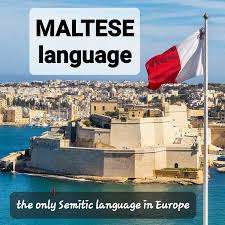
Malta’s official languages, Maltese and English, are more than just tools of communication. They are reflections of the island’s history, culture, and openness to the world. Maltese preserves a unique heritage that fascinates both locals and visitors, while English ensures accessibility and global connectivity.
For tourism, this combination is invaluable. It allows Malta to maintain its authenticity while offering ease and comfort to international guests. Whether you’re visiting for leisure, study, or business, the bilingual nature of Malta ensures you feel both welcomed and enriched by the experience.
So, next time you stroll through Valletta’s narrow streets or relax on a golden beach in Gozo, listen closely—you’ll hear a melodic mix of Maltese and English, a soundscape that perfectly captures Malta’s spirit.

